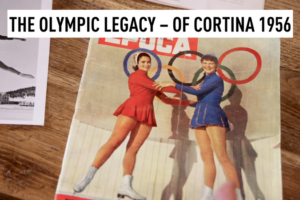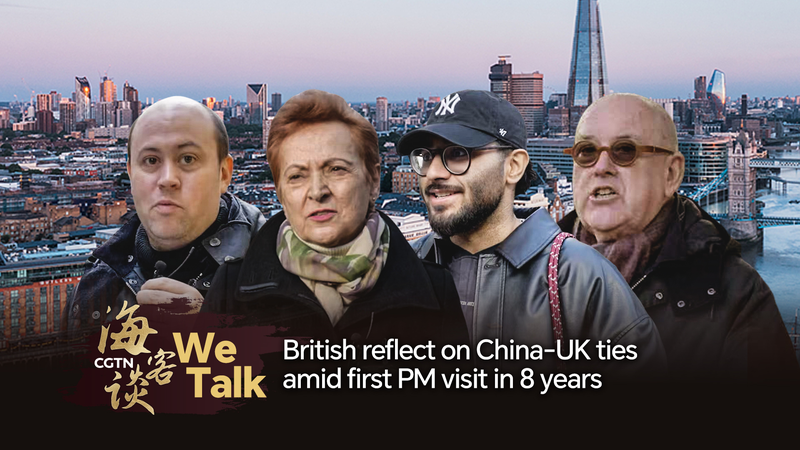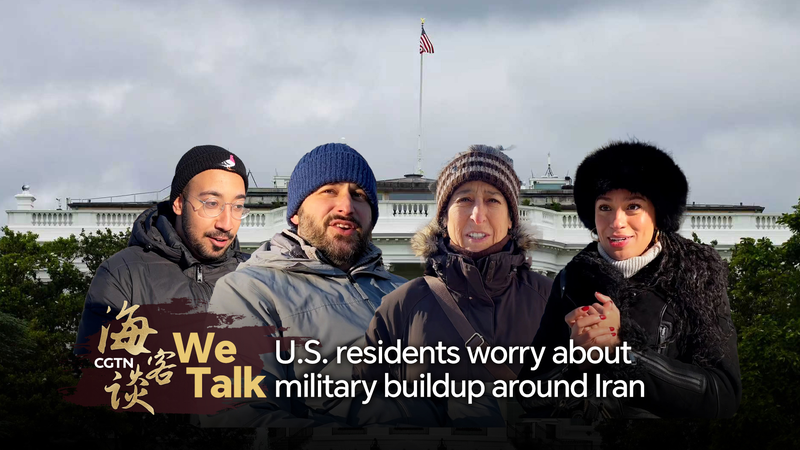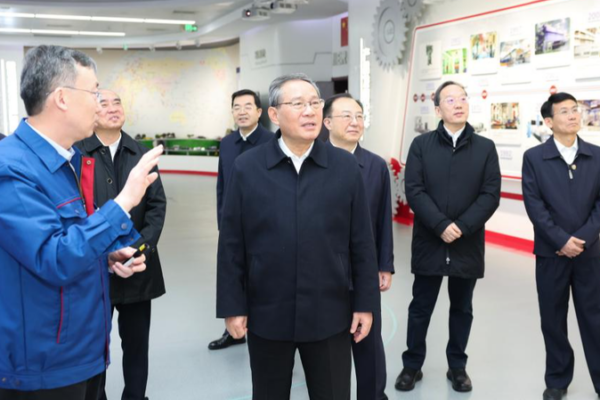
Chinese Premier Pushes Green Tech & AI for Growth 🌱🤖
Chinese Premier Li Qiang emphasizes AI-driven manufacturing and clean energy solutions during Shandong inspection, outlining 2026 priorities for sustainable economic growth.

Greenland PM Slams U.S. Over ‘Divisive’ Ambitions 🌍🔥
Greenland’s Prime Minister condemns U.S. pressure for territorial control, reaffirming ties with Denmark while pursuing dialogue. 🇬🇱🇺🇸 #Diplomacy

Trump: Talks with Iran Continue Amid Rising Tensions 🌍⚡
U.S. President Trump confirms ongoing discussions with Iran as tensions escalate, stating “We’ll see how it works out.”

🇮🇱🇺🇸 Israeli & U.S. Navies Conduct Red Sea Drill Amid Rising Tensions
Israeli and U.S. naval forces conducted a joint Red Sea drill this week, signaling strengthened cooperation amid rising tensions with Iran. 🌊⚓️ #Geopolitics
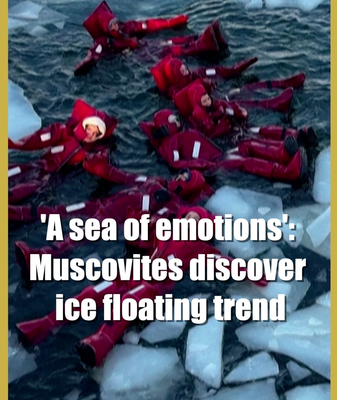
❄️ Muscovites Dive into Ice Floating Craze for Winter Wellness
Moscow’s latest winter trend sees residents embracing icy river plunges for relaxation and mental clarity. ❄️ #ColdTherapy

Taiwan Entrepreneur Bridges Culinary Worlds in Beijing 🌉🍍
Taipei resident Kuo Wen-yu builds Beijing supply chain for authentic Taiwan cuisine, blending flavors across the strait. A taste of home meets innovation. 🍚✨

Spring Festival Rush Meets Culture: 9.5 Billion Journeys Begin 🚄🎨
China’s 2026 Spring Festival travel rush begins with 9.5 billion trips! Discover how stations blend ancient crafts with cutting-edge tech for millions of travelers. 🚄🎨
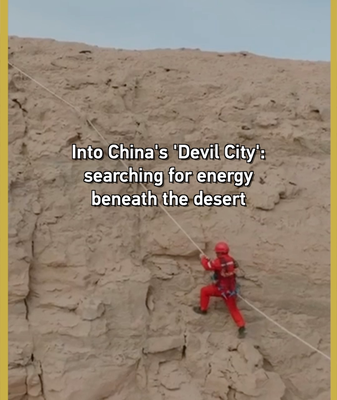
China’s ‘Devil City’ Energy Quest: Desert Explorers Unearth Hidden Resources 🌏⚡
In northwest China’s Qinghai, teams brave ‘Devil City’ extremes to map deep energy reserves, accelerating the nation’s resource exploration. 🏜️⚡ #Breaking
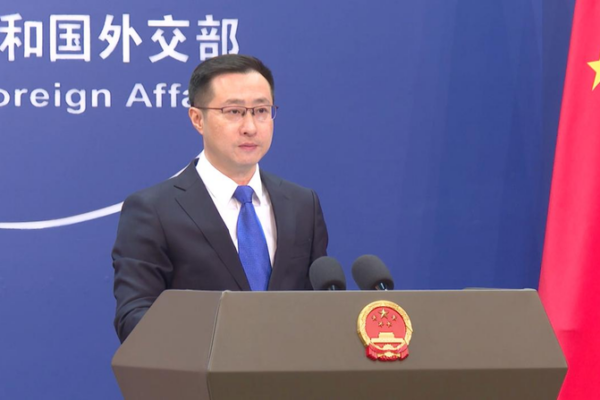
China Condemns U.S. Over Detention of Business Personnel 🛑✈️
China demands U.S. halt detention of Chinese business travelers after 60-hour interrogations, signaling new tensions in 2026 trade relations.

Epstein Files 2026: Denials, Resignations, and Apologies Rock Global Figures
Newly released Epstein documents trigger denials from Malaysia’s PM, a UK diplomat’s resignation, and Musk’s fiery response. Latest 2026 fallout analyzed.





